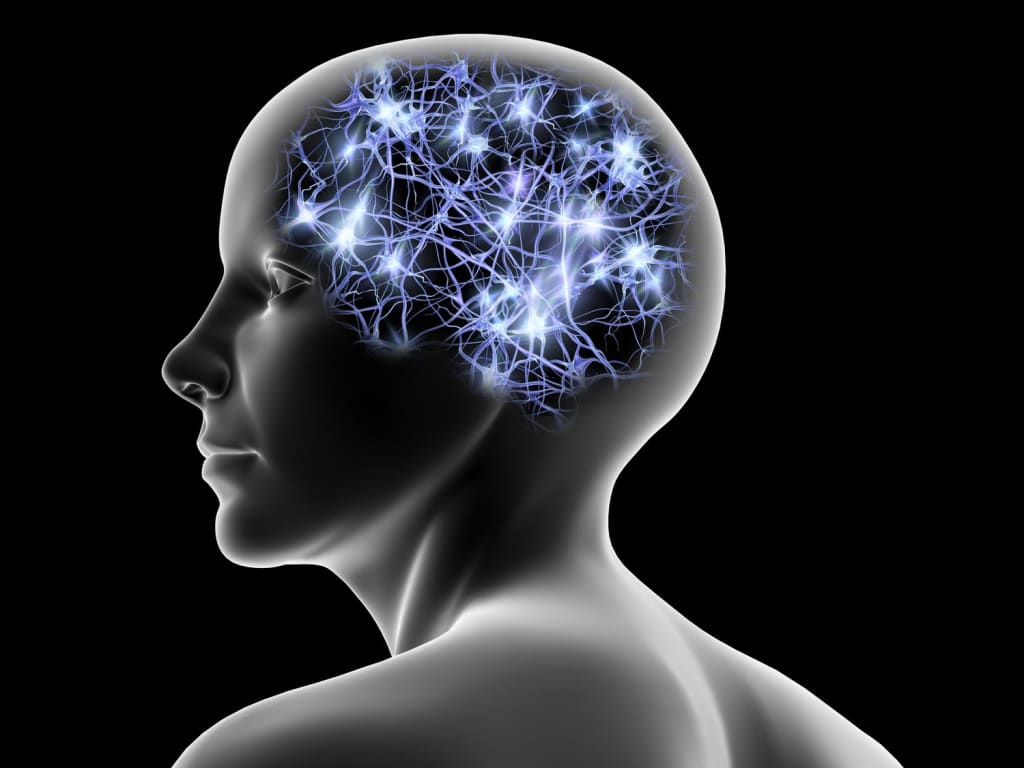Debunking Common Myths about the Human Brain 🧠
Facts you need to know about the human brain

The human brain is one of the most complex and fascinating organs in the body. However, there are still many widespread myths and misconceptions about how our brains work. In this article, we will explore 10 commonly believed brain myths and separate fact from fiction based on the latest neurological research. Myth #1: We only use 10% of our brains. This is simply not true. Functional imaging techniques like PET and fMRI scans have shown that the entire brain is very active and no part of it goes unused. While different regions may be more stimulated during particular tasks, we utilize most areas of the brain on a regular basis. The idea that only 10% is being used likely originated from early observations that certain brain areas were damaged without obvious effects, but we now know the brain has redundancy built in. Myth #2: Bigger brains mean greater intelligence. Brain size alone does not determine how smart an organism is. While humans have larger brains than many other species relative to our body size, some animals like whales and elephants have even bigger brains but likely aren’t more intelligent. Instead, factors like how developed and well-connected different brain regions are seem to correlate more closely with intelligence capabilities. Chimpanzees, for example, have been found to have similar levels of cognition as humans despite their smaller brains. Myth #3: IQ tests are an infallible measure of intelligence. In reality, IQ scores provide an imperfect snapshot of certain cognitive abilities but cannot encapsulate full human intelligence, which is quite complex and multifaceted. IQ tests are influenced by life experiences, education level, mood, and other external variables. They also tend to emphasize logic, reading, and math skills over other types of "smarts" like social or emotional intelligence. As such, high or low IQ scores should not be taken as immutable defining characteristics. Myth #4: Video games rot your brain. In moderation, video games may actually provide cognitive benefits like improving hand-eye coordination, multitasking, and problem-solving skills. Excessive gaming that replaces real-world social interaction could be problematic, but most research suggests video games themselves do not cause harm. Some studies even show video game simulators enhancing skills useful for activities like surgery. As with many things, balance is key - video games are unlikely to inherently damage the brain unless consumed to an unhealthy extreme. Myth #5: Memory inevitably deteriorates with age. While certain types of memory like episodic memory do tend to decline as we age, other forms like semantic memory and procedural skills can actually improve over time through continued use. Not all memory changes associated with aging represent illness - some loss of recall for recent events is normal. Lifestyle factors like cardiovascular health, diet, exercise and brain stimulation can help maintain memory abilities as long as possible by supporting brain cell connections. Dementia is not an inevitable consequence of growing old. Myth #6: It's impossible to prevent strokes. We now know that addressing modifiable stroke risk factors can significantly lower chances of having one. Maintaining a healthy diet, limiting alcohol, not smoking, controlling blood pressure/cholesterol/blood sugar levels, exercising regularly, and avoiding head injuries can all help avoid stroke. Learning signs of stroke like facial drooping or arm weakness and seeking immediate medical care if they occur improves outcomes as well. While heredity plays a role, lifestyle choices influence stroke risk greatly. Prevention is possible through sustained self-care of mind and body. Myth #7: Different brain hemispheres determine creativity vs logic. While language skills tend to lateralize more to the left side for most right-handed individuals, creative talents do not reside predominantly in one hemisphere or the other. Environmental and educational influences rather than inherent brain organization are what impact one's predisposition for logic versus creativity. No structural brain differences exist between so-called "left-brained" logical and "right-brained" artistic types. Talents develop based on nurture, not pre-determined nature. Myth #8: Eating fish makes you smarter. Fish consumption provides important omega-3 fatty acids that support brain and heart health when consumed in moderation as part of an overall balanced diet. However, it does not directly confer improvements to intelligence. Fish was likely recommended for cognitive benefits more due to its nutritional properties than a unique ability to make one smarter. A well-rounded Mediterranean-style diet that includes fish among other brain-healthy foods may aid cognition rather than fish alone imparting extra brilliance. Myth #9: One seizure means you have epilepsy. Not necessarily - seizures can happen for various reasons outside of having epilepsy, a chronic neurological condition. True epilepsy is diagnosed when someone has recurrent unprovoked seizures over time despite medication adherence. A single seizure may result from factors like medication withdrawal, illness, trauma or genetic conditions rather than signifying lifelong epilepsy. Someone experiencing even multiple isolated spells should be examined to determine the cause before labeling it epilepsy. Myth #10: Men and women's brains are inherently different. No, the brains of all humans are fundamentally alike regardless of sex or gender. While studies had hinted at tendencies for enhanced emotional processing in some females versus executive function in some males, societal influences on brain development are now understood to far outweigh any innate dimorphism. All people are born with equivalent brain structures that then shape according to life experiences rather than pre-determined gender attributes. Nurture, not nature, sculpt brains over the lifespan. In summary, many common ideas about how the brain works have either been proven false or require more nuanced understanding. Continued neurological research helps dispel myths and replace fiction with fact-based knowledge about this complex organ. Taking good care of brain health through lifestyle is the best approach rather than relying on unfounded notions. An educated, skeptical perspective serves us well in sorting truth from myth when it comes to understanding our brains.
About the Creator
Rakindu Perera
I’m a highly successful content writer with articles recognised by huge varieties of organisations. Also being in completion of a Bachelors Degree in Mechanical Engineering, I have the upmost know when it comes to exteme applications.






Comments (1)
interesting